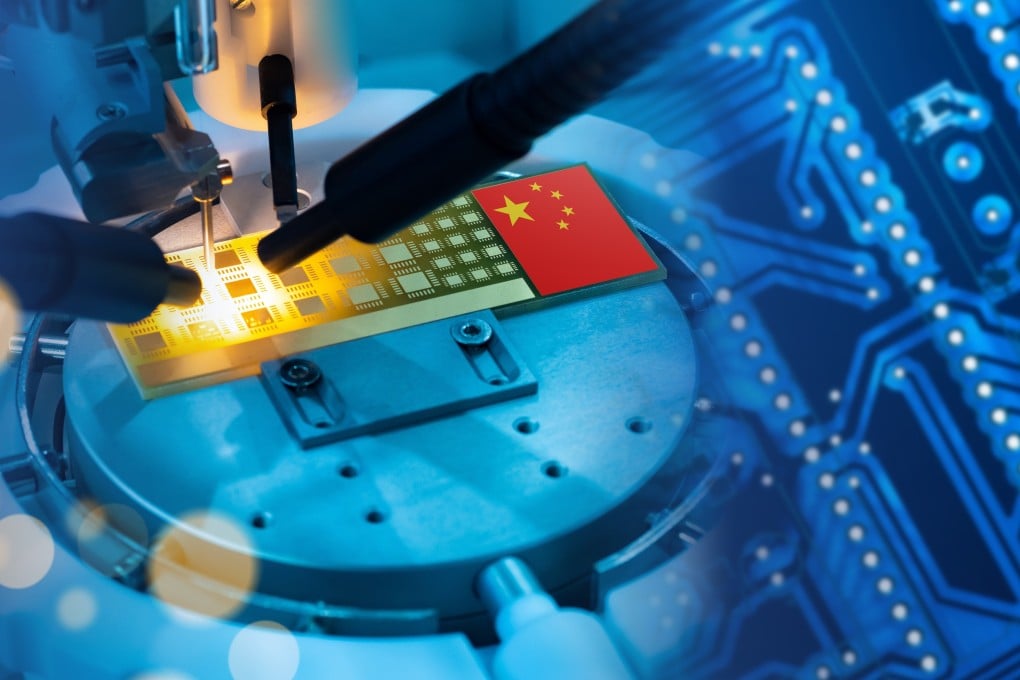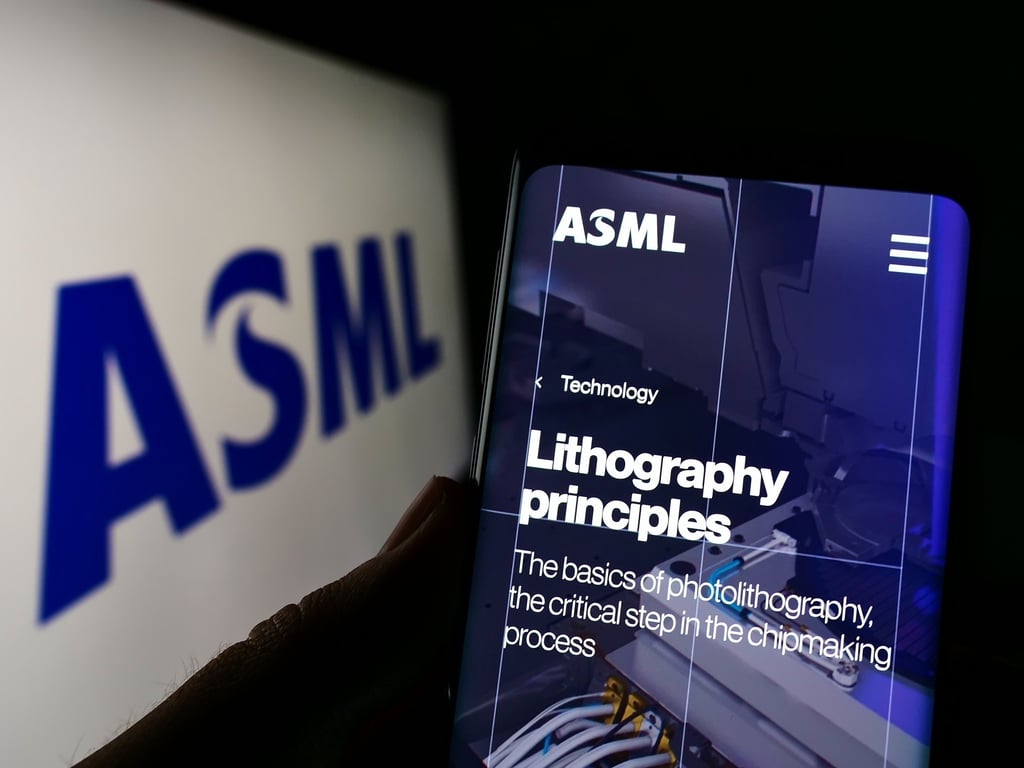Advertisement
Tech war: Dutch trade restrictions on certain advanced chip-making equipment leaves China focused on legacy semiconductor production
- The Dutch government plans to restrict exports of certain advanced chip-making equipment to China over security concerns
- Semiconductor gear supplier ASML said its new line of deep ultraviolet lithography machines launched last year could be covered by the restriction
Reading Time:3 minutes
Why you can trust SCMP
7

Che Panin Beijing
The Dutch government’s plan to restrict exports of semiconductor technology to China over security concerns hinders Beijing’s drive to make advanced integrated circuits (ICs), but leaves room for the country to continue legacy chip production, according to industry insiders.
That move followed a reported agreement between the United States, Japan and the Netherlands in January to restrict exports of certain advanced chip-making equipment to China, creating a powerful alliance that will undercut Beijing’s ambitions to build up the country’s domestic chip capabilities.
While the announcement made by Dutch Trade Minister Liesje Schreinemacher in a letter to the country’s Parliament on Wednesday did not name China or chip equipment supplier ASML Holding, a statement issued by the Veldhoven, Netherlands-based company said the scope of the restrictions could include “the TWINSCAN NXT:2000i and subsequent immersion systems”, referring to ASML’s latest ArF Immersion deep ultraviolet (DUV) lithography line launched in the third quarter last year.
Advertisement
In spite of that development, China’s IC production using legacy process nodes is not affected, according to a Shanghai-based semiconductor industry investor who declined to be named. He described “China’s major bottleneck” as chip-making equipment and materials for advanced nodes.

ASML’s latest DUV system can enable sub-3-nanometre chip-making processes with significantly improved overlay performance, enabling productivity of up 295 wafers per hour, according to the company’s annual report published in February.
Advertisement
Advertisement
Select Voice
Choose your listening speed
Get through articles 2x faster
1.25x
250 WPM
Slow
Average
Fast
1.25x